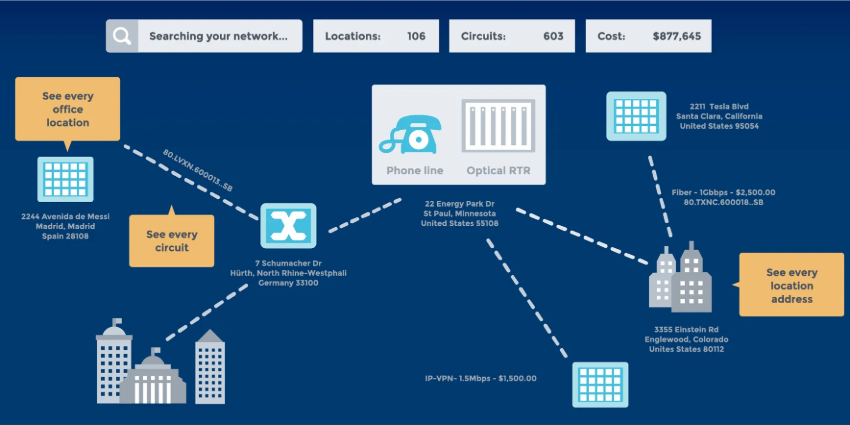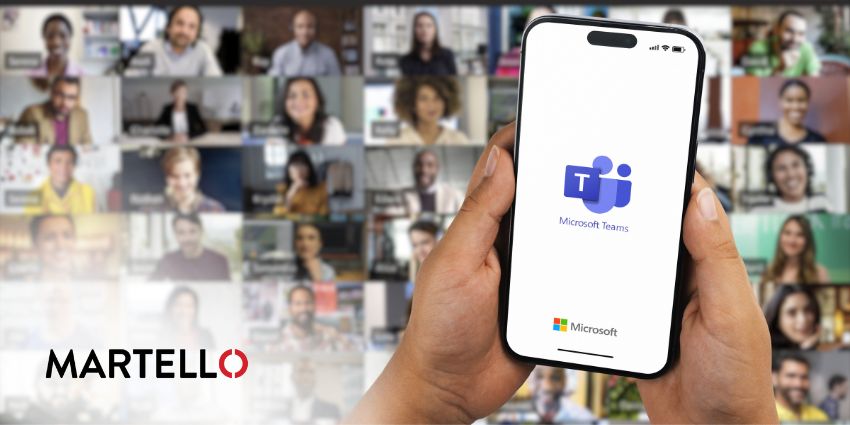Many of us will ask Siri or Alexa to help us out at home with everything from directions to cooking instructions and playing our favourite music. But can these types of personal assistants be useful in the workplace to make knowledge workers more efficient and help them in their day-to-day tasks? Technologies that learn from human workers through a combination of example and instruction should be seamless to use and feel like collaborators that understand something about what’s happening and can make a valuable contribution.
At PARC, we are looking at the combination of technology and people – as opposed to simply automating through technology – and making useful conversational interactions. Some things are already helpful. For example, you can add an appointment to your calendar with a moderate saving in time.
But to be true collaborators requires a deeper understanding of communication. Giving commands to devices or getting answers to questions are simple, even superficial interactions. The more complicated interactions can collect information to place an order. But even more interesting is when a bot and a person have a shared goal and they try to work together to achieve it.
Another interesting type of interaction is with diagnosis. There are many use-cases, but it distils down to a problem where the cause and solution are unknown, and a person can only describe symptoms.
There are several challenges to migrating the technologies we’re seeing for consumers to knowledge workers within organisations. For example, there aren’t ready-made knowledge bases for individual organisations, which is possibly the biggest obstacle to deploying intelligent assistants in the enterprise. Accessing a wide range of useful knowledge for organisations is specific to each one and it’s very expensive to create.
Building Knowledge

To make useful assistants in the enterprise, it’s not enough to focus just on how we interact with them. The reality of machine learning and artificial intelligence in general is that they’re only as good as the data they learn from or depend on for intelligence. For intelligent assistants, knowledge bases are paramount. When Amazon released the Echo, they made use of Evi, a knowledge base and semantic search engine. There are lots of other knowledge bases from Freebase and Wikipedia to Google’s Knowledge Graph. These have been a boon for agents that need to answer general knowledge questions.
Enterprises don’t typically have stores of knowledge pre-built in a format that can be used by intelligent assistants; moreover, every organisation requires a different set of knowledge. Our current research is looking at ways to build up organisation-specific knowledge bases. We’re looking into a variety of techniques to collect and store information. In effect, we’re trying to capture and codify shared organisational knowledge.
This knowledge tends to be scattered around the company in text-based documents or web pages, or it’s contained in the heads of local experts. Using advanced text analysis, we are starting to build knowledge and through conversation we can learn from the experts. Using both instruction and example, we’re learning workflows as well as answers to questions.
Our work at PARC is in an early stage, but we’re looking at ways to take some of the techniques to build incremental solutions within organisations. In this way, we can learn from early experience and integrations in corporate environments. It’s a long path from simple questions to useful assistants but if we can be successful with enterprises, then we can create many types of assistants to serve as useful tools for solving some of the biggest business problems.
Guest Blog by Kyle Dent, Scientist at PARC
PARC, a Xerox Company provides custom R&D, technology, expertise, best practices and intellectual property to Fortune 500 companies, start-ups and government agencies. For nearly 50 years, PARC has lived at the leading edge of innovation. Bringing together leading scientists, engineers and designers, PARC works across multiple industries, with a focus on Artificial Intelligence and Human-Machine Collaboration, Internet of Things and Machine Intelligence, Digital Design and Manufacturing, Novel Printing, Microsystems and Smart Devices, and the Digital Workplace.







